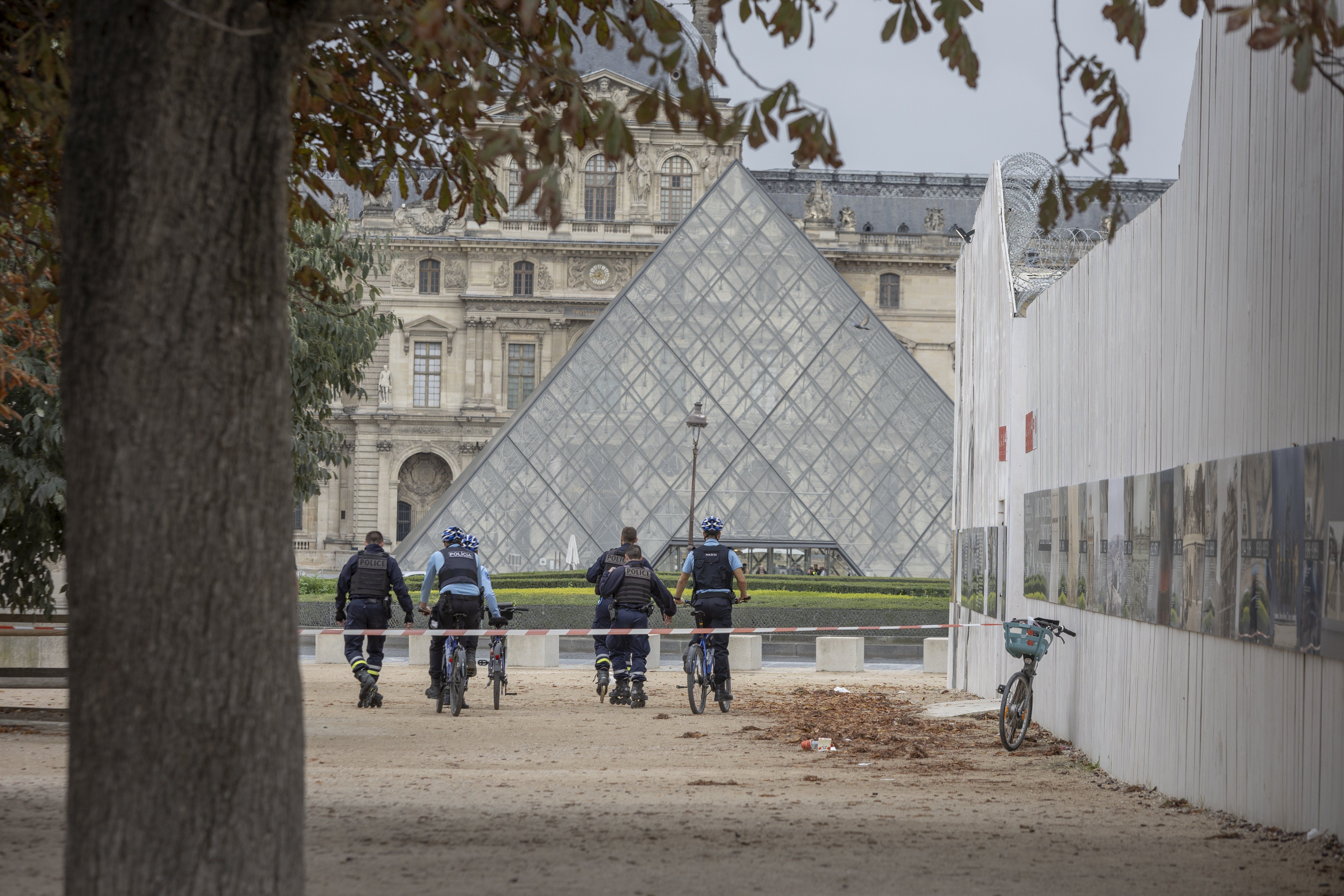Hard Numbers: France faces terror threats, US sanctions Hamas, WFP tries to help quake-plagued Afghans, Cambodian court punishes opposition figure
3: Airports in the French cities of Lyon, Toulouse, and Lille closed and were evacuated on Wednesday after receiving email threats. This followed similar recent evacuations from other tourist attractions like the Louvre Museum and Palace of Versailles. A government spokesperson encouraged French citizens not to allow terror tactics to overwhelm them, urging “Vigilance, yes. Fear, no.”
10: The US Treasury Department on Wednesday sanctioned 10 members of Hamas involved in managing the terrorist network’s global financial operations. Access to any funds held in the United States will be blocked, and they will be prohibited from doing business with American companies and individuals. Treasury officials said they would even clamp down on fundraising done via cryptocurrency.
19 million: The World Food Program is asking donors for $19 million in emergency funds to assist survivors of the series of major earthquakes in western Afghanistan that have killed thousands and flattened entire villages. And that’s just the tip of the iceberg: The WFP urgently needs $400 million to bring food to Afghan communities before winter, when many are cut off from the wider world for weeks at a time as snow and landslides prevent access to mountain towns.
3: A Cambodian court sentenced opposition politician Thach Setha to another three years in prison over a social media post that criticized then-Prime Minister Hun Sen’s policy toward Vietnam. It’s a sensitive subject in Cambodia, as Hun Sen was originally installed in 1985 in a government backed by Vietnam, which had invaded the country to force out the Khmer Rouge in 1979. The Hun Sen regime has been known to target the opposition with legal harassment and imprisonment.
